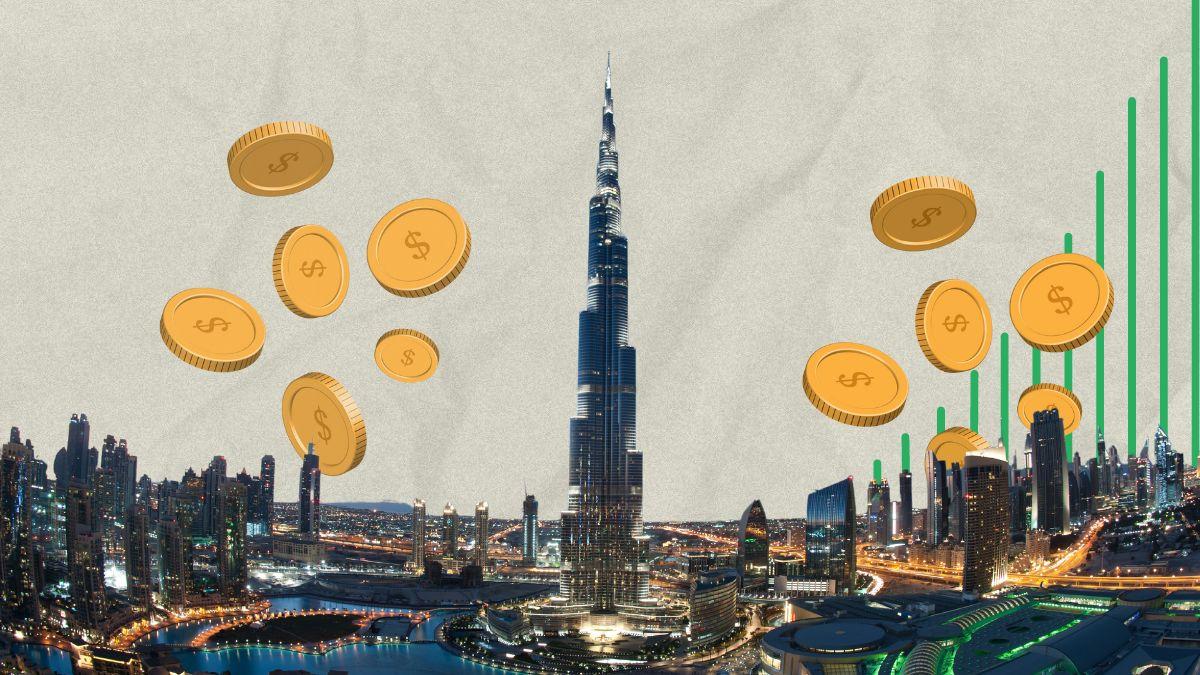Revitalizing Waste: Innovative Startups in the MENA Region

3 min
Green Startups Transforming the Middle East: A Leap Towards Sustainability.
Eco-Innovators Rising: How Middle Eastern Enterprises Tackle Waste.
Revolutionizing Recycling: Middle East Startups Lead the Charge in Sustainable Solutions.
The Middle East confronts a significant waste challenge, generating around 150 million tons yearly, as EcoMENA data highlights. Egypt is the region's top waste contributor, producing over 20 million tons. Additionally, countries including Saudi Arabia, Kuwait, UAE, Qatar, and Bahrain rank among the top ten for waste generation per capita.
However, the Middle East's recycling efforts need to catch up, with a mere 10% recycling rate, as revealed by PwC research. Most of this waste is disposed of in landfills, posing environmental and health hazards. While ongoing attempts to establish legal and institutional frameworks exist, there's a pressing need for enhanced recycling initiatives in the region.
Middle Eastern startups are pioneering inventive waste-repurposing techniques in light of the growing emphasis on sustainability. From transforming waste into construction materials to fashion items to agricultural products, these discarded items are getting a second chance.
Innovating with Waste: The Green Trailblazers
Egypt-based startup TileGreen is making significant strides. Founded in 2021 by Amr Shalan and Khaled Raafat, their mission is to address plastic recycling in the construction domain by converting plastic bags into tiles. CEO Amr Shalan highlighted the vast environmental footprint of the construction sector, emphasizing the need for scalable, economical, and green materials. Collaborating with waste collectors, TileGreen has transformed over five million plastic bags into tiles since early 2023, setting an ambitious goal of recycling five billion by 2025.
Similarly, Up-fuse, co-founded by Yara Yassin, offers eco-friendly fashion products made from recycled plastic bags. Despite early challenges in market adoption, by strengthening its B2B approach and collaborating with global organizations, Up-fuse has successfully recycled more than 1.35 million plastic bags.
A Changing Landscape for a Sustainable Future
Sustainability might be making progress, but the journey remains long. DGrade's founder, Kris Barber, underscores the need for more supportive regulations and incentives for the green economy. He advocates for recycling incentives, stricter waste disposal penalties, and subsidies to bolster the recycling sector.
The cleantech sector's projected growth paints a promising picture for green startups. Predicted to soar from $122 billion in 2022 to $870 billion by 2030, according to the International Energy Agency, this momentum is evident in ventures like Edama Organic Solutions. Co-founded by Sabrina Vettori, this Saudi-based startup transforms waste into agricultural solutions. Vettori acknowledges the changing mindset, attributing it to global and local government initiatives prioritizing sustainability.
Projects like Saudi's NEOM envisioned as an eco-friendly city, and the UAE's upcoming hosting of COP28 further emphasize the region's commitment to sustainability. As Vettori optimistically notes, with more regulations and initiatives, the upcoming years could witness a significant shift toward sustainable solutions in the region.
The biggest stories delivered to your inbox.
By clicking 'Register', you accept Arageek's Terms, Privacy Policy, and agree to receive our newsletter.
Comments
Contribute to the discussion


